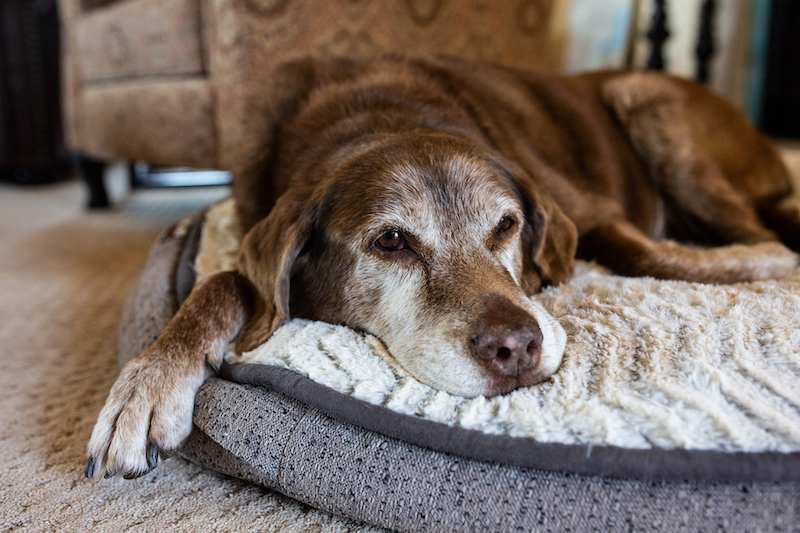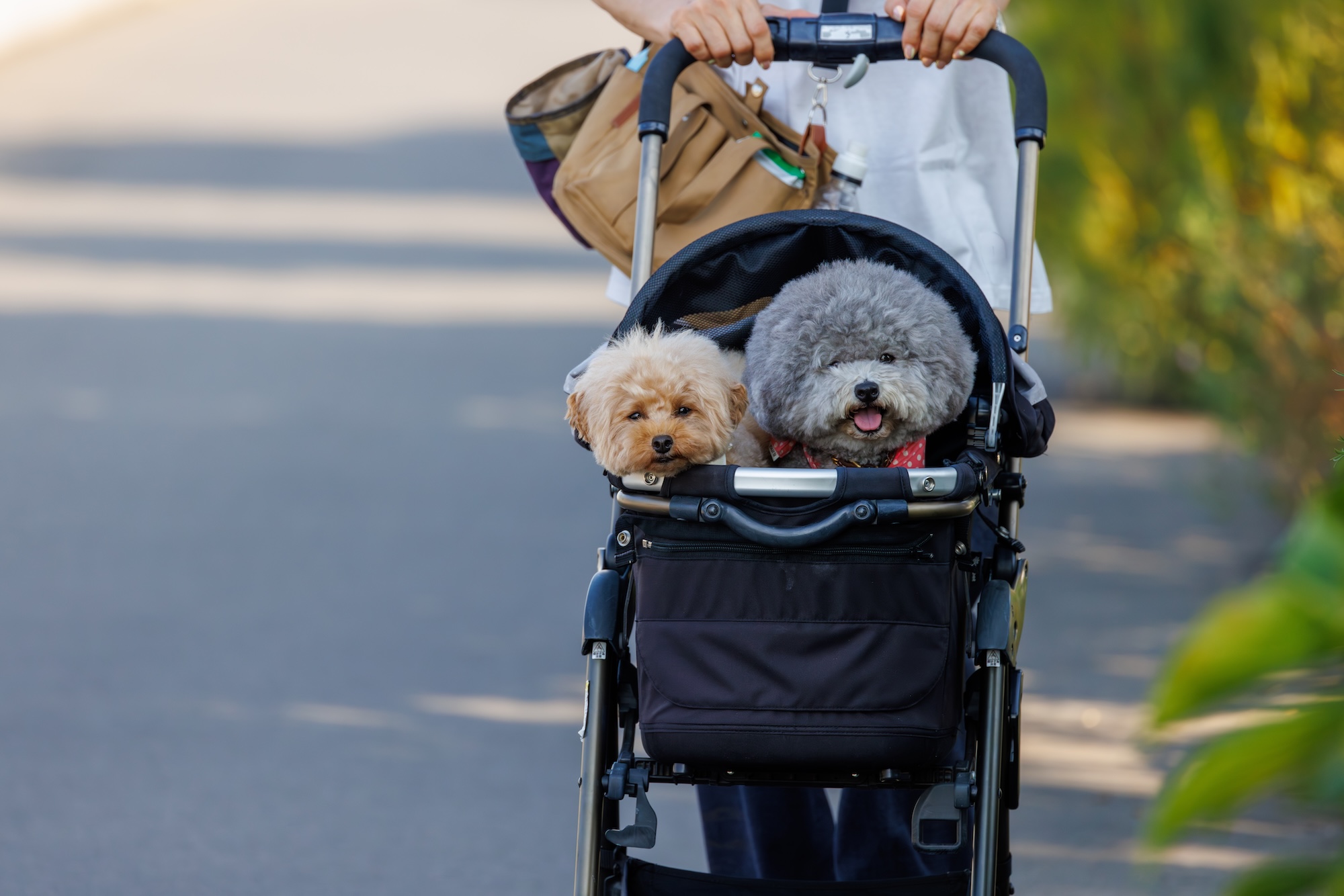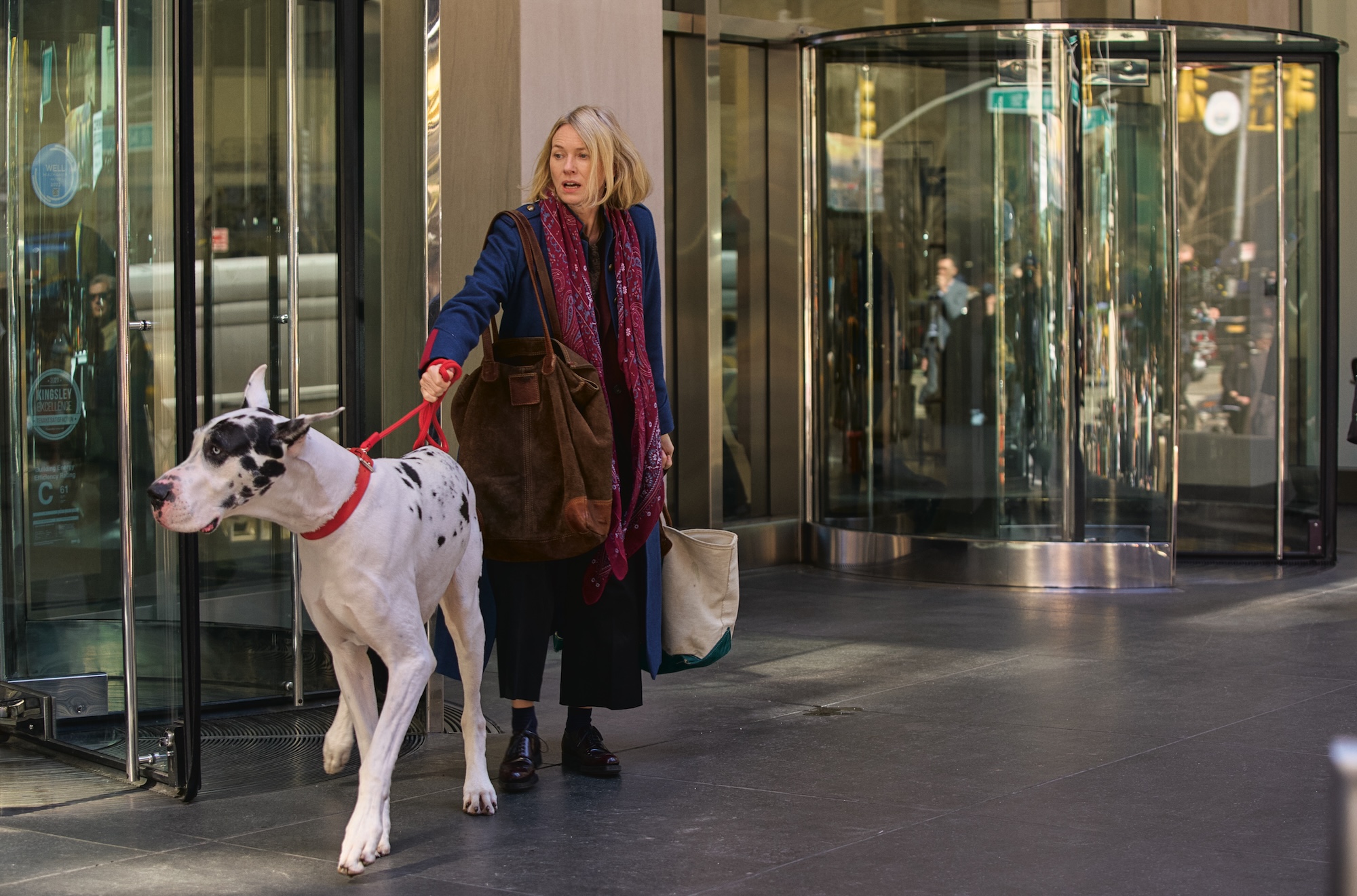Not every human relationship goes the distance. And, if you are going through a breakup or divorce and a dog has been a part of your family, you will have to weigh their welfare as you and your ex embark on your lives apart from one another.
Here’s what to keep in mind as you answer a big question: “Who gets the dog?” For much more on dogs and relationships, read our guide to dating when you have a dog.
Dogs are family
The law increasingly recognizes that dogs’ feelings matter. A 2021 New York State law says that family courts should consider the best interest of a companion animal in custody cases, instead of treating them merely as property without needs of their own. That could mean that the dog stays in one place where they’re comfortable, or it could mean spending time with both partners.
The dog should have a say
“Think of the dog instead of just yourself,” says Farrah Branson, an animal training manager at Seattle Humane. “If the dog has a relationship with both people, it’s nice to continue to have both people in their life.” This may not always be possible, but she says she’s “seen really great co-parenting situations” in which, while a dog has one “core home,” they see both of their humans regularly.

Be honest with yourself
When you’re gauging whether a custody situation is making your dog happier or stressing them out, observe their body language and behavior. Branson suggests asking yourself: “Can they rest comfortably at night? Are they pacing? Are they eating well while they’re there? Those kinds of things are what I’d be watching for.” Strive to give your dog a consistent routine, and adjust if they’re sending signals that they’re in distress.
Maintain human boundaries
Letting your dog spend time with an ex can be difficult if you’d rather keep your distance from them. Of course, the circumstances of some breakups are such that you can’t or shouldn’t see your ex at all, and that’s okay. But in cases where it’s safe and advisable for both of you to stay in a dog’s life, there are steps you can take to maintain healthy human boundaries.
Dr. Miriam Jayaratna, a clinical psychologist and writer in New York City, recommends staying on task when you interact so that it doesn’t lead to your lives becoming enmeshed in ways you’re trying to avoid.
“I would really try to keep the focus on the shared responsibility of taking care of this animal,” says Dr. Jayaratna. “It’s at least one thing you both still have in common, even if there were other differences that led to the relationship not working.”




